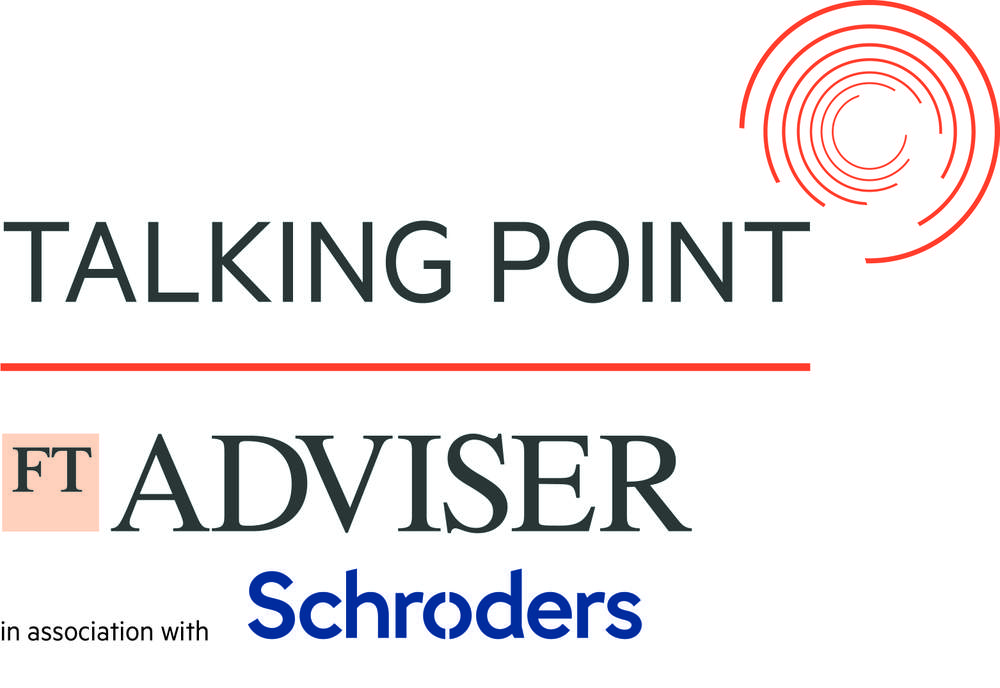Outsourcing investment decisions has become more popular among advisers over the past decade.
But what are the drivers behind the rise of outsourcing to a discretionary fund manager (DFM) or to multi-asset fund managers, and will these drivers continue to push more advisers towards using outsourced models for clients?
This special report highlights some of the issues advisers face when it comes to choosing how to, or whether to, outsource investment decisions to clients.
It also looks at the adviser-discretionary-client relationship, the advantages in terms of time/cost efficiency for advisers and the potential impact that ongoing regulation may have on advice and the trend to outsource investment decisions.
Cost and suitability at front of advisers' minds when outsourcing
Outsourcing investment management has become popular with advisers over the past few years but costs and charges are the biggest concerns, research has found.
According to a poll taken among FTAdviser's readership, 46 per cent of advisers said costs and charges presented the biggest challenge when it comes to investment outsourcing.
Some 31 per cent were worried about suitability and making sure the investment proposition and portfolio was appropriate for individual clients, both at the point of recommendation and throughout the lifetime of the investment.
Mifid II and other regulatory concerns pressed home for 19 per cent of advisers and only 4 per cent believed the performance and track record of the discretionary fund manager was something about which they should be worried.

Source: FTAdviser/TalkingPoint
Yet one of the drivers towards outsourcing from an advice perspective is the ability to delegate to professional investment managers parts of a client service, such as portfolio management, which then allows advisers to focus more on the client relationship, which is seen as a real value-add for clients.
Lawrence Cook, director of marketing and business development for Thesis Asset Management, a discretionary fund management company which provides outsourced fund management services to advisers, said clients valued the advice relationship and were willing to pay for that.
He said: "Again and again, clients say in surveys the things they value most are not the things that advisers like to outsource, such as the portfolio management.
"Clients value trust in the adviser, a person they can speak to, someone who understands them and makes financial matters understandable.
"Therefore it is not surprising that IFAs are outsourcing to allow them to focus on the things clients value and ergo are willing to pay for."
This comes after financial advisers told FTAdviser they were worried that cost was a big obstacle when it came to choosing whether and where to outsource a client's investment portfolio.
Earlier this week, Ben Willis, senior investment manager for Whitechurch Securities, said advisers often saw "outsourced solutions as adding fees onto the client, while struggling to justify why they are still charging their fees."
House View: Joe Tennant, product manager at Schroders, explains how multi-manager can help clients needing an outsourced investment solution.
To misquote Ronald Reagan: ‘surround yourself with the best people you can find, delegate and don’t interfere’.
Sound advice and many advisers have taken this to heart when it comes to investments, choosing to outsource rather than take it on themselves.
Reaching this decision seems to be the easy part; it’s deciding whom to give this responsibility to that throws up the bigger challenge.
For many, multi-manager/multi-asset portfolios are considered the best fit, and it’s easy to see why.
A key driver for many investors is the tax incentive. Put very simply, a multi-manager/multi-asset strategy does not have the issues of either capital gains tax (CGT) or VAT, which affect Discretionary Fund Managers and Model Portfolio Services respectively.
The CGT is particularly important as it allows the managers to rebalance the portfolio whenever they consider appropriate, without needing to consider the tax implications of the underlying funds.
No two clients are the same, so having options and a level playing field from which to choose is important
Whilst undoubtedly a tax benefit, it also makes the fund manager more accountable as they focus their investment decisions solely on delivering on the fund’s objective, rather than letting the tax tail wag the dog, so to speak.
This accountability is further enhanced by the simple fact that, being a unitised solution, they can be directly compared to their peers.
This is something that investors find particularly appealing, as it allows them the relatively simple task of seeing how their fund choices line up vs. the rest of the sector.
Taking the sector analysis one step further enables the adviser to identify specific investment styles and approaches, and blend them together, effectively accessing large teams of experienced investors.
It would be impossible to replicate this level of resource when building client portfolios themselves.
A further area of consideration is fees. There has been considerable downward pressure right across the outsourcing spectrum, resulting in lower charges to the end investor.
Multi-manager funds have been no different, with recent fund launches such as the Schroder Dynamic Planner fund range providing a risk-managed fund of fund solution with a capped fee of just 0.99 per cent.
The industry is evolving fast, driven by regulation and the greater desire for transparency and value for money – it’s hard to argue with the logic.
The result has been a surge in outsourced solutions, which only serve to provide the adviser with more tools and choices.
No two clients are the same, so having options and a level playing field from which to choose is important: multi-manager/multi-asset, DFM, MPS; it is a crowded market yet they all play a role.
Important Information
For professional investors and advisers only. This document is not suitable for retail clients. These are the views of the Schroders’ Multi-Manager Investment team, and may not necessarily represent views expressed or reflected in other Schroders communications, strategies or funds. This document is intended to be for information purposes only and it is not intended as promotional material in any respect. The material is not intended as an offer or solicitation for the purchase or sale of any financial instrument. The material is not intended to provide, and should not be relied on for, accounting, legal or tax advice, or investment recommendations. Information herein is believed to be reliable but Schroder Investment Management Ltd (Schroders) does not warrant its completeness or accuracy. No responsibility can be accepted for errors of fact or opinion. This does not exclude or restrict any duty or liability that Schroders has to its customers under the Financial Services and Markets Act 2000 (as amended from time to time) or any other regulatory system. Schroders has expressed its own views and opinions in this document and these may change. Reliance should not be placed on the views and information in the document when taking individual investment and/or strategic decisions. Issued by Schroder Investment Management Limited, 31 Gresham Street, London EC2V 7QA, which is authorised and regulated by the Financial Conduct Authority. For your security, communications may be taped or monitored.




